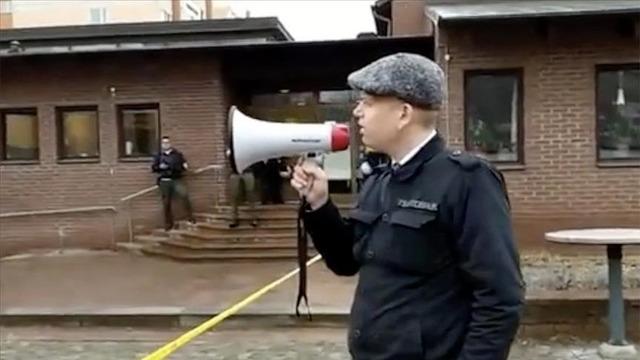In January, the act of burning the Qur’an in front of the Turkish Embassy in Stockholm, the capital of Sweden, caused great anger in the Muslim world. While calls were made to boycott Swedish goods after the incident, Sweden’s NATO membership process was adversely affected by these developments.
SWEDISH POLICE REJECTED OTHER ACTIONS OF BURNING THE QUR’AN
Following this incident, the Swedish police rejected two requests by a person and an institution to burn the Qur’an in front of the Turkish and Iraqi Embassies.
Police had argued that January’s Qur’an burning had made the country “a higher priority for attacks”.
SWEDEN COURT OVERRIDES THE POLICE’S DECISION
Upon appealing the decision, the Stockholm Administrative Court overturned the police’s decision and ruled that the security concerns cited were not sufficient to restrict the right to demonstrate.
However, later the Swedish police took the case to a higher court and the higher court supported the decision of the Administrative Court.
In both judgments, the Supreme Court stated that “the problems of public order and security were not sufficiently clearly linked to the planned actions” to which the police referred.
The court also stated that the decision could be appealed to the Swedish Supreme Administrative Court.
RASMUS PALUDAN’S ACT OF BURNING THE QUR’AN IS ALLOWED…
5 months ago, Swedish police authorized the burning of the Qur’an by Rasmus Paludan, who has Swedish and Danish citizenship and was previously convicted of racist abuse.
Last year, Paludan had drawn a reaction because he went from city to city in Sweden and burned the Qur’an.
The January action, carried out with the permission of the police, caused tension in Turkey-Sweden relations.
